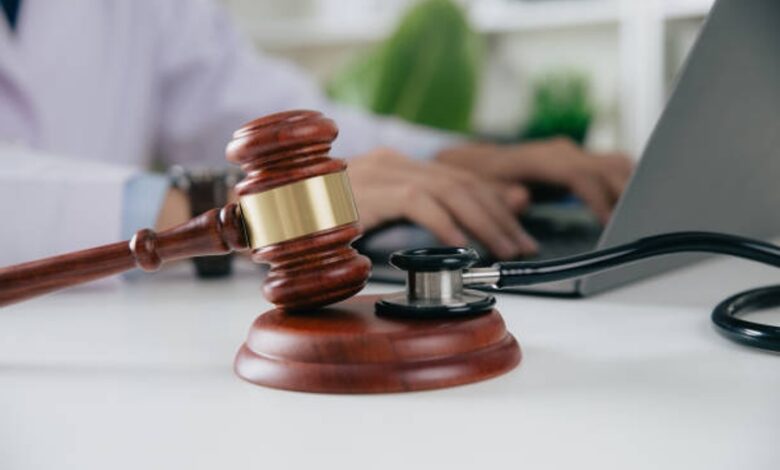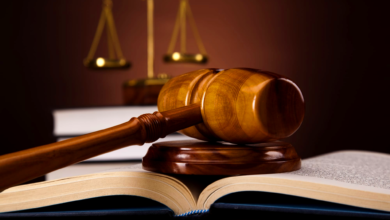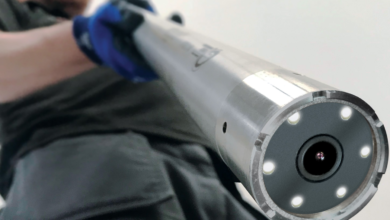Unveiling the Mysteries of Medical Court Cases

The courtroom becomes a crossroads where law and medicine intersect when legal disputes involve medical issues. It’s a place where the expertise of healthcare professionals is not just helpful, but often crucial to the outcome of a case. Understanding the complexities of medical terminology, procedures, and ethics can be the key to unlocking the truth in a legal battle.
Read More: The Major Types of Healthcare Fraud and Abuse
The Role of Medical Knowledge in Legal Disputes
In law, medical knowledge serves as a beacon of clarity. Whether it’s a personal injury case, a malpractice lawsuit, or a product liability claim, the intricate details of medical facts can turn the tide in favor of justice. Here’s how medical knowledge comes into play:
- Clarifying Medical Terms: Legal professionals often need help deciphering the jargon that is second nature to healthcare workers.
- Understanding Procedures: Knowing the steps and standards of medical procedures can determine whether care was appropriate.
- Ethical Considerations: Medicine is bound by ethical codes that can influence legal judgments.
The Intersection of Medicine and Law
Imagine a courtroom where the stakes are high, and the evidence is riddled with medical speak. The jury, tasked with determining the outcome, relies heavily on clear explanations of medical concepts. This is where the bridge between medicine and law is built, and it’s constructed with the expertise of professionals who can speak both languages fluently.
The Witnesses Who Wear White Coats
In many cases, the testimony of healthcare professionals is pivotal. They bring a level of understanding to the courtroom that can demystify medical evidence for the jury and the judge. Their insights can make the difference between a verdict of guilt or innocence, between compensation and denial.
The Power of Expert Testimony
Expert testimony in medical-related legal cases is not just helpful; it’s often the linchpin of a case. An expert can validate or refute claims made by either party, providing an authoritative voice on complex medical issues. Their role is to illuminate the facts with their specialized knowledge, helping the court to reach a fair and informed verdict.
When Expertise Takes the Stand
In the high-stakes environment of the courtroom, the testimony of a medical expert can be a game-changer. These experts are often seasoned professionals with years of experience in their field. They have a deep understanding of the nuances of medical care and the potential implications of medical errors or outstanding practices.
The Criteria for a Medical Expert
Not just anyone can take the stand as a medical expert. There are specific criteria that must be met:
- Education: A strong educational background in a relevant medical field is essential.
- Experience: Practical experience in the field adds weight to the expert’s testimony.
- Reputation: The expert’s standing in the medical community can lend credibility to their statements.
The Impact of Expert Testimony
The impact of an expert’s testimony can be profound. It can clarify the cause of an injury, the extent of damage, or the prognosis for recovery. It can also highlight whether the standard of care was met or breached. In essence, the expert’s words can become the most compelling evidence presented.
The Expert Witness: A Closer Look
An expert witness in the medical field is a physician or other healthcare professional who provides testimony or informed opinions during legal proceedings. They are often called upon to explain complex medical issues to the court in a way that is understandable to those without a medical background.
The Value of a Medical Expert Witness
The value of a medical expert witness lies in their ability to provide objective, unbiased opinions based on their expertise. They can offer insights into:
- The nature of a medical condition
- The likely cause of an injury or illness
- The standard of care provided
- The prognosis for a patient’s recovery
The Selection Process
Choosing the right medical expert witness is a critical step in the legal process. Attorneys will look for professionals with specific knowledge relevant to the case at hand. They will also consider the expert’s ability to communicate effectively and their experience in providing testimony.
The Expert’s Contribution to Justice
The contribution of a medical expert witness to the pursuit of justice cannot be overstated. Their testimony can shed light on the most intricate medical aspects of a case, guiding the court toward a fair and accurate resolution.
The Expert’s Role in Educating the Court
One of the key roles of a medical expert witness is to educate the court about medical facts. They must present their knowledge in a way that is accessible and comprehensible to laypeople. This educational aspect of their testimony is vital in ensuring that the court has a solid understanding of the medical issues at hand.
The Challenges Faced by Medical Experts
Serving as a medical expert witness comes with its own set of challenges. Experts must be able to withstand cross-examination and defend their opinions under pressure. They must also navigate the legal environment, which can be quite different from the medical settings they are accustomed to.
Read More: Obtaining Injuries During Accidents: Signs It’s Time to Get a Lawyer
The Singular Mention
In the quest for justice, the insights of a physician expert witness can be the beacon that guides the court through the fog of medical complexity. Their testimony stands as a testament to the importance of bridging the gap between medicine and law.
The Final Word
The dance between medicine and law is intricate and delicate. It requires the right partners, moving in sync, to achieve a just outcome. The medical expert witness is one such partner, whose expertise can sway the rhythm of justice. Their role is not just supportive; it is often central to the narrative of legal proceedings involving medical matters.
In conclusion, the presence of a medical expert witness in the courtroom is more than just a formality. It is a fundamental component of the legal process when medical knowledge is key. Their testimony can illuminate the truth, educate the court, and ultimately contribute to the fair administration of justice.











